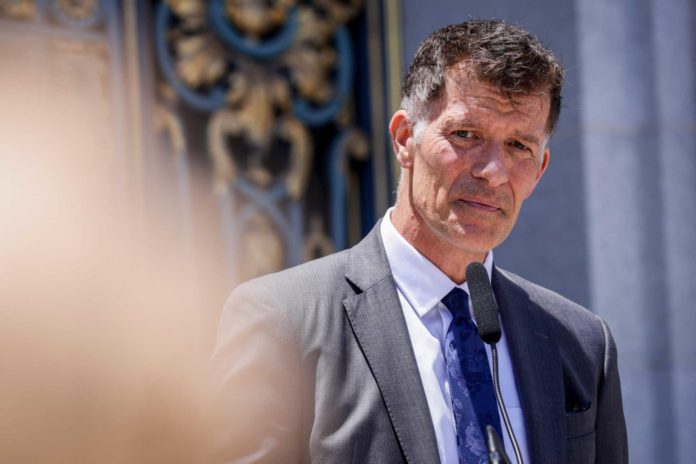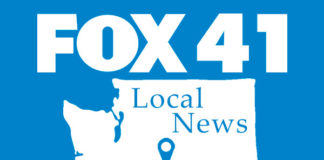
Federal health officials on Friday said thousands more doses of monkeypox vaccine will be delivered across the country in the coming weeks, and priority will be given to states and jurisdictions with the most cases — which could put California and San Francisco high on the list to receive more doses than most other regions.
Since the first monkeypox cases in the United States were detected in May, the federal government has distributed 156,000 doses of the Jynneos vaccine. It is now making an additional 131,000 doses available for states and jurisdictions to order, officials said Friday, and the doses could be delivered as soon as Monday.
During a call with reporters Friday, Dr. Rochelle Walensky, director of the U.S. Centers for Disease Control and Prevention, acknowledged that demand for vaccine exceeds current supply and said the government is working to acquire more from the manufacturer, Bavarian Nordic. About 7 million doses of Jynneos, a two-dose vaccine given 28 days apart, will be available by mid-2023.
San Francisco health officials said last week they’re running critically low on vaccines after receiving about 2,300 doses the week before. Dozens of people seeking a shot lined up outside San Francisco General Hospital, one of 10 sites in the city administering the vaccine. The San Francisco Department of Public Health said Friday it expects to receive about 4,200 doses this week — “less than we hoped for, but we’ll take it.”
Federal officials did not specify how many doses would be allocated to each state or jurisdiction, but said they will prioritize areas with the highest number of cases. California has 250 confirmed cases, second only to New York. And within California, about a third, or 86 cases, have been reported in San Francisco, according to state and local figures.
As of Friday, there have been 1,470 monkeypox cases detected in 44 U.S. jurisdictions, and the vast majority are among gay or bisexual men who were believed to be exposed through sexual contact with someone who was infected. Among the 700 cases for which federal health officials have demographic data, the median age of someone with monkeypox is 36.
Monkeypox has been endemic in West Africa for years, but its spread outside the region — in Europe, the U.S. and elsewhere — makes the current outbreak unusual. Monkeypox, a less severe cousin to smallpox, spreads through skin-to-skin contact, including intimate contact, and by touching objects that an infected person has touched, such as sheets or towels.
The risk of contracting monkeypox in the general population remains low, health officials say. Communities at highest risk are gay and bisexual men who have multiple sexual partners, and they are being targeted in the earliest rounds of vaccination. Because vaccine supply is scarce, close contacts of people with a known monkeypox infection are being prioritized, along with people who have attended events where a known monkeypox exposure has occurred.
Catherine Ho (she/her) is a San Francisco Chronicle staff writer. Email: cho@sfchronicle.com Twitter: @Cat_Ho









